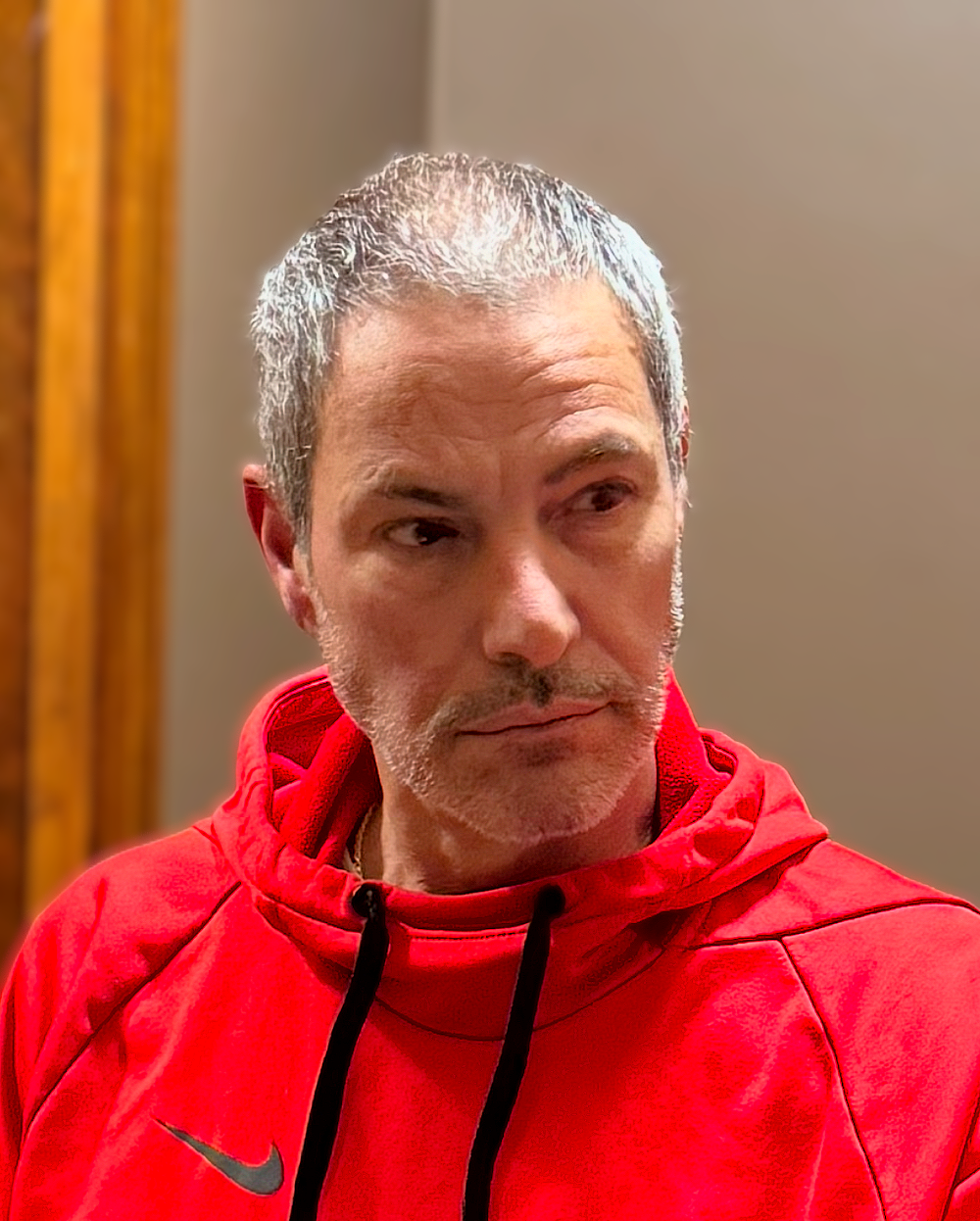I’ve endured the consequences of a major stroke due to the actions, behavior and conduct of Heather Killebrew
Joey Montes on Sunday, January 26, 2025 at 1:09 PM - It’s astonishing how verbose I can become, often getting ensnared in my thoughts. This isn’t a choice; it’s a symptom and a consequence of the type of stroke I experienced. When I refer to being long-winded, it’s ironic, as I struggle to communicate effectively. I find myself becoming fatigued and needing rest, often feeling no desire to engage in conversation. The disconnect between my thoughts and my spoken words is frustrating.
I still grapple with the effects of the stroke, particularly on the left side of my face, my hands, and my tongue, which leads to slurred speech and drooling. Recently, I had a brief conversation with my father, expressing how focused I can be now that I no longer have ADHD. I can concentrate on one thing at a time, and interestingly, I feel I’ve become significantly smarter post-stroke. The extraneous thoughts that once cluttered my mind have vanished, allowing me to focus intensely. However, therein lies the challenge: I often become fixated on one track, a thought or a feeling.
I’ve lost much due to the stroke, but some losses have been beneficial. I’ve transitioned from having detrimental habits to having none at all. Remarkably, I no longer crave cigarettes, despite having smoked for 32 years. This change stems from a sense of fear and uncertainty about my new reality. I feel trapped between my former self and who I’ve become, with my body and mind at odds. The experience of a stroke is terrifying; one moment, I felt no pain, and the next, I was unable to move or feel one side of my body. It was as if half of me had vanished, leaving me with a profound sense of disconnection.
Even though my body functions, I often don’t recognize it, which is deeply unsettling. I lack a sense of time, distance, or space in my movements, leading to a complete absence of spatial awareness. I liken it to navigating without GPS coordinates; my hand doesn’t know where it’s coming from or where it’s going, leaving it in a state of uncertainty. This feeling of being trapped in my own body, with one half functioning and the other not, is incredibly frustrating and humiliating.
As a result, I often isolate myself by choice, preferring to avoid potential embarrassment. I’ve lost my filter; I express my thoughts and feelings candidly, as you can see from this reflection. The neurological pathways that once provided those filters have been damaged and destroyed and will not return. I must relearn and retrain myself to apply those filters over time.
This stark reality has been exacerbated by personal circumstances, particularly the actions of someone who had been close to me. The choice to publicly display a mugshot of me was a painful reminder of a tumultuous situation. It’s not about placing blame; it’s about the unfortunate reality of misunderstandings and emotional turmoil. Despite my efforts to make her happy, I couldn’t comprehend why she couldn’t see my true feelings.
Ultimately, none of that matters now. I’ve endured the consequences of my stroke, intertwined with a web of childish behavior and misunderstandings of someone else. This journey has been challenging, but it has also led to a deeper understanding of myself and my circumstances.
1:09 PM 01/26/25
